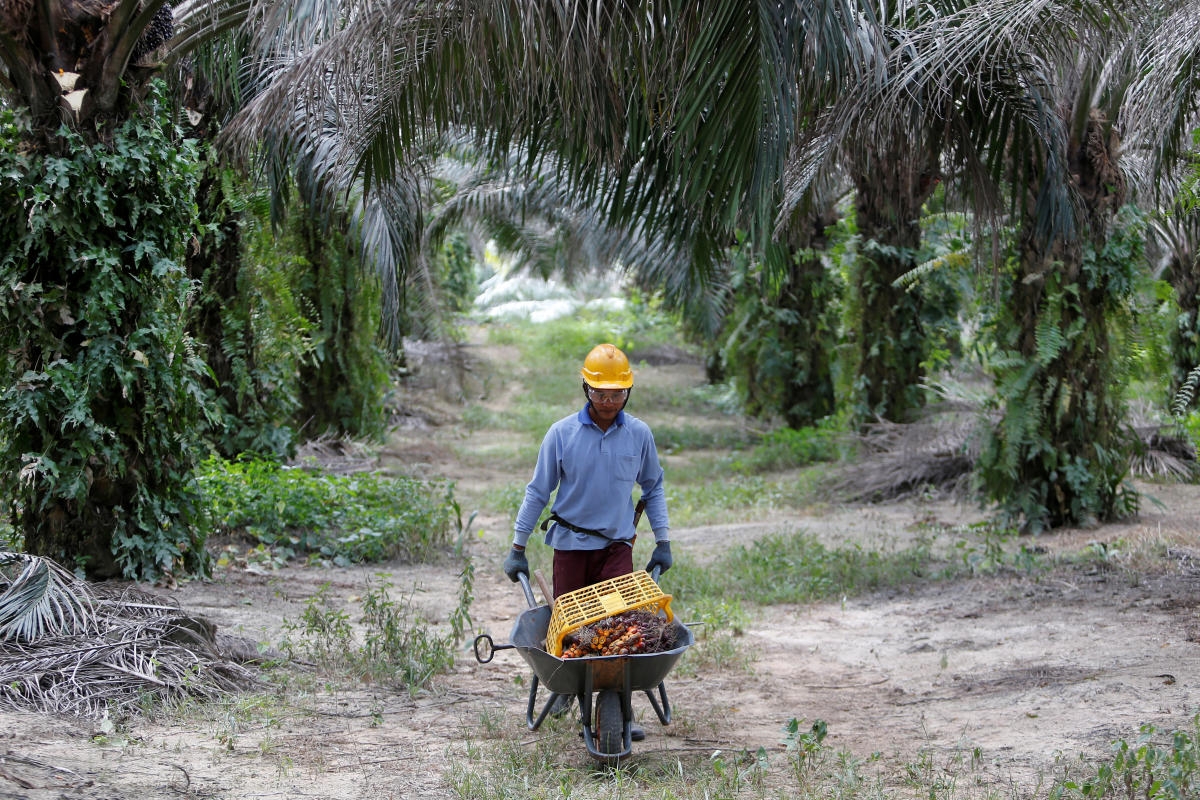Altering global trade scenario, India curbs on import of palm oil giving major blow to Malaysia’s export
New Delhi, January 17: With Malaysia Prime Minister Mahathir Mohamad’s criticism of a new citizenship law and New Delhi’s actions in Kashmir, situation between India and Malaysia have strained considerably. With this, India, the world’s biggest importer of edible oils, has curbed inbound shipments of palmolein or palm oil, whose main exporter is Malaysia, a move that can alter global trade in these items and can stoke inflation.

On January 8, the directorate general of foreign trade, the country’s foreign trade regulator, had issued a notification, amending the foreign trade policy and putting three categories of refined palm oil from “free” to “restricted”. This means that while there is no ban on imports, importers have to apply for licences for importing palm oil, which will be first vetted by DGFT authorities.
This is a classic case of a non-tariff barrier to free trade, which follows India’s deep resentment of what it sees as “undue interference” by a foreign country in its internal political matters. “Despite our repeated efforts to convey to Malaysia it shouldn’t interfere in these matters, their prime minister has continued to speak on these issues. It is surprising this has continued even after members of the Malaysian government have spoken out against the position taken by their prime minister,” said an official.
External affairs ministry spokesperson Raveesh Kumar told a regular news briefing on Thursday the new notification was product-specific and not country-specific. “Imports are decided by two factors – commercial decisions and trade policy...Certain procedures will be put in place, and imports of palm oil are not prohibited,” he said.
Indian importers will now naturally look at substitute markets, such as Indonesia, Nepal, Ukraine and Argentina. India imports more than nine million tonnes of palm oil every year, mainly from Indonesia and Malaysia, the two biggest exporters. The import of crude edible oil in fact had a negative growth of 14.17% in 2018-19 over 2017-18 and negative growth of 18.82% in 2019-20 (April to September) as compared to the corresponding period of the previous year, the data show.
In 2016-17, crude palm oil import from Malaysia stood at 1.9 million tonne, while in 2017-18, inbound shipments were 1.7 million tonne. Indian authorities and traders are looking for quick substitutes, without which prices of edible oils can see an upswing.
India has a large number of alternatives, from soya to safflower and rape seed, and countries, such as Ukraine, Brazil and Nepal to go to. The country’s imports of soyabean oil is likely to go up because of both the curb on Malaysian oil and lower output of domestic soya. India’s soybean oil imports may go up to 3.4 million tonne compared to the previous year’s 3.1 million tonne.

